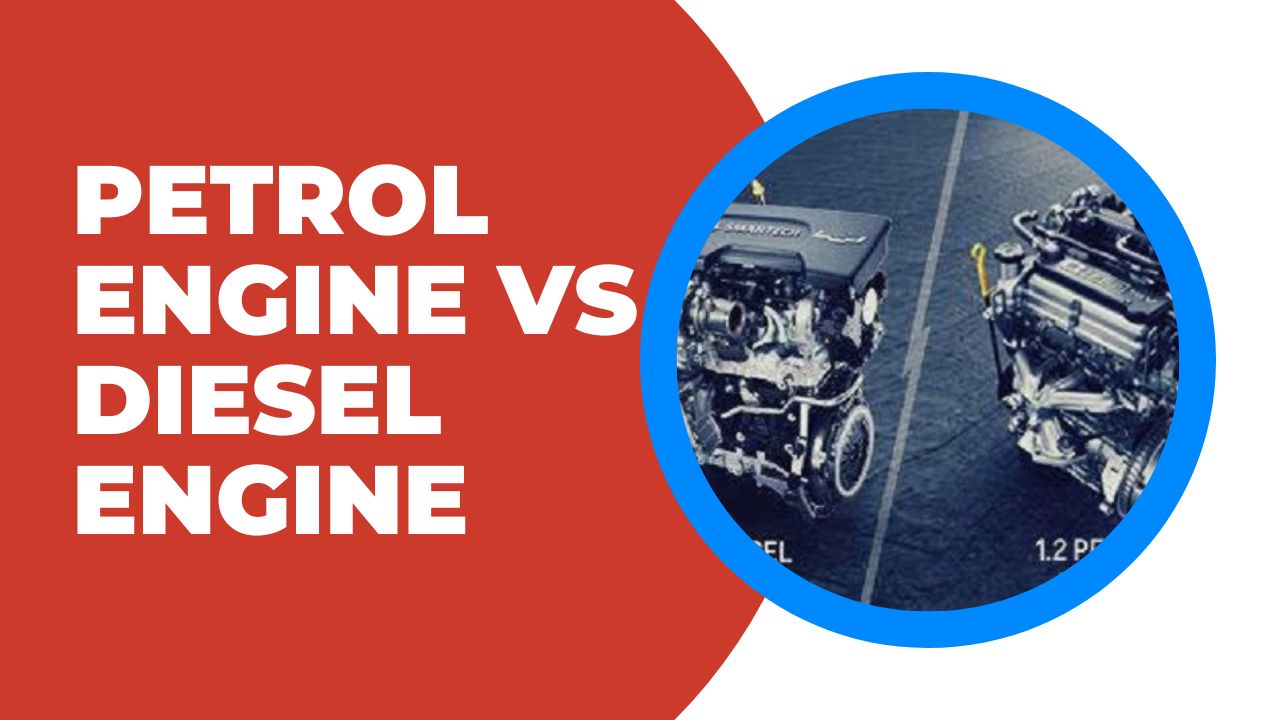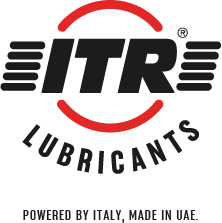
Petrol and diesel engines have more similarities than differences. For example, both petrol and diesel engines work through internal combustion. Combustion occurs in a series of explosions that happen in quick succession, turning the fuel into energy. This mechanical energy moves the vehicle forward after its transmission to the wheels.
The primary variance between them is the cycles they use; petrol engines use the Otto Cycle, while diesel engines use the Diesel Cycle. All other dissimilarities stem from the cycles. The Otto Cycle uses spark ignition, while the Diesel Cycle works with compression ignition.
The Otto Cycle engine’s heat addition works at constant volume. In a diesel engine, heat addition occurs under constant pressure. The two cycles are named after the people who discovered them. Nicholas Otto discovered the Otto Cycle in 1876, while Rudolph Diesel discovered the Diesel Cycle in 1897.
Differences Between Petrol and Diesel Engines
The two engines have important differences, starting with how the explosions that start internal combustion occur. The different approaches to fuel combustion for the two engines are necessary because petrol and diesel have different chemical structures. The hydrocarbons in petrol are lighter than the ones in diesel.
In the Otto Cycle, petrol is mixed with air before pistons compress it, and spark plugs ignite it.
Pistons compress the air before the fuel is injected into both engines. However, petrol engines use a carburetor to meter the correct fuel amount. Furthermore, the carburetor atomizes and vaporizes the fuel in a petro engine.
The Diesel Cycle is different; fuel injection pumps atomize and meter the correct fuel amounts. The different operations between these two engines mean they produce different residues.
Petrol engines run more smoothly due to fewer vibrations, while diesel engines are rougher. The higher vibrations in diesel engines mean they are noisier than their petrol counterparts. Furthermore, petrol engines weigh less than diesel engines.
Smoke emitted from petrol engines contains carbon monoxide. It is, therefore, toxic when inhaled. On the other hand, diesel engines produce carbon dioxide, which is not life-threatening under normal circumstances.
Petrol and diesel engines have different strengths. Petrol engines are faster, while diesel engines are stronger. Thus, you should choose your engine based on the vehicle’s purpose.
Comparison Table
| Petrol Engines | Diesel Engines |
| They use the Otto Cycle | They use the Diesel Cycle |
| Fuel is mixed with air before compression | The air gets compressed before fuel injection |
| They use carburetors to meter fuel | They use fuel injector pumps to meter and atomize the fuel |
| They have fewer vibrations and therefore they run smoother and more quietly. | They have more vibrations which make them rougher and noisier |
| They produce CO poisonous fumes but their fumes are friendlier to the environment. | They produce CO2 which is non-toxic but their emissions are more destructive to the environment. |
Pros and Cons of a Petrol Engine
The following are the pros and cons of petrol engines.
Pros
Petrol engines are smaller and, therefore, lighter. Their size reduces the vehicle’s weight, making the cars faster. Furthermore, tuning a petrol engine for more power without turbocharging is possible. Engine parts are cheaper on average than their diesel counterparts. Also, the parts are easily available due to the popularity of petrol vehicles for daily use and local running.
Petrol engines are smoother and quieter; they have fewer vibrations. While these engines produce toxic carbon monoxide, they emit fewer of the other harmful gases into the environment, including Hydrogen and Carbon Dioxide. The petrol engine needs to be well-maintained to keep the emissions low.
Cons
Petrol engines aren’t as strong as their diesel counterparts. They, therefore, limit what you can do with your engine, especially if you seek to transport heavy loads. They also have shorter lifespans than their diesel counterparts, so you’ll need to replace your engine sooner.
These engines are also less efficient, meaning you will get fewer kilometres per unit of petrol than diesel. The resale value of petrol engines is lower than that of diesel engines. Furthermore, petrol produces poisonous fumes that can cause serious harm or death.
Click here if you want to have a look at our premium petrol engine oil lubricants.
Pros and Cons of a Diesel Engine
The following are the pros and cons of diesel engines.
Pros
Diesel engines can use as much as 30% less fuel than petrol engines. This fuel efficiency means the daily running of a diesel engine is cheaper than its petrol counterpart. Due to their lower emission levels, diesel engines are friendlier to the environment.
Lower pollution levels mean lower car taxes in some jurisdictions. Diesel engines’ friendliness to the environment is further enhanced by their ability to run on biofuels with only a few modifications. It is almost impossible to get a petrol car to run on biofuel.
Diesel engines are very useful when you want to haul heavy loads or tow trailers. Heavy machinery, such as hammers, typically uses these engines. Furthermore, they last longer and have a slower depreciation rate. Thus, vehicles in this category have a better resale value.
Cons
Diesel vehicles are slower, so they might fail when you need speed. The engines are noisy since they vibrate more. Vehicles running on these engines have high maintenance costs, and finding parts for them may be challenging. Their lubricants are more viscous and require more protective additives; they may be more expensive.
The initial cost of a diesel vehicle is higher because engines need to be strong to withstand the compression necessary for combustion. The stronger engines are more expensive to manufacture, thus the higher purchase price.
To have a look at our diesel engine oil product lineup click here!
Conclusion
Petrol and diesel engines have many similarities. They are both internal combustion engines that run on fossil fuels. Nevertheless, they have some differences in design and functionality. Fuel and air are mixed before compression in petrol engines, while pistons compress air before the fuel pump injects diesel for combustion to start.
ITR provides strong protection for modern and turbocharged engines, meeting the highest performance standards for petrol engine oil suitable for modern cars and passenger vehicles. Get a quote for a petrol engine vs a diesel engine
